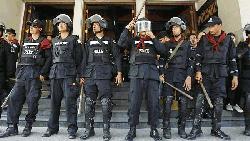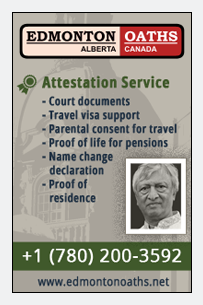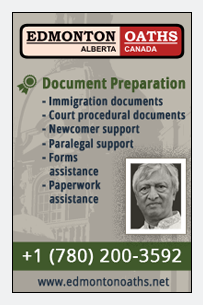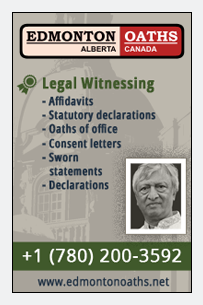
BANGKOK, Feb 14, 2014 (BSS/AFP) - Thailand deployed thousands of riot police in Bangkok on Friday to try to reclaim the government headquarters and other areas long occupied by protesters seeking to force the prime minister from office.
The authorities plan to re-take several sites including Government House and the interior ministry, National Security Council chief Paradorn Pattanatabut told AFP, saying officials would attempt to negotiate with the demonstrators first.
"We will re-take wherever we can and arrest protest leaders," he said. "It's not a crackdown on the protests -- it's enforcement of the law over the protest sites."
The operation appeared to be focused on the government district rather than major intersections in the commercial centre that have become the main focus of the rallies in recent weeks as part of what protesters have described as the "Bangkok shutdown".
The leaders of the anti-government movement had called for a big two-day protest starting on Friday.
Security forces were seen clearing a rally site near Prime Minister Yingluck Shinawatra's offices, which she has been unable to use for about two months due to the protests.
Riot police removed protesters' tents and warned demonstrators through a loudspeaker not to resist the operation, according to AFP reporters at the scene. There were no reports of clashes.
"Police must clear this area where it is dangerous and there are constantly incidents," police announced.
"There are also many suspects wanted for arrest who are mixing with protesters," they said. "We ask all protesters not to resist or obstruct police work."
Yingluck's government held a general election earlier this month in an attempt to assuage opposition protesters who have staged more than three months of mass street demonstrations demanding her resignation.
Paradorn said there was illegal assembly and possession of weapons at the rally sites.
"These are all government offices and the government has to serve the people," he said.
- Election uncertainty -
The protesters want Yingluck to stand down to make way for an unelected "People's Council" to enact reforms to tackle corruption and alleged vote-buying before new polls are held.
The main opposition Democrat Party boycotted the February 2 vote, saying it would not end a political crisis stretching back to a military coup in 2006 that ousted Yingluck's elder brother Thaksin Shinawatra as premier.
Demonstrators prevented 10,000 polling stations from opening in the vote, affecting several million people, mainly in opposition strongholds in Bangkok and the south.
Protesters have occupied major intersections in the capital since January 13, although disruption to people's daily lives has been limited.
Attendance has fallen sharply, with most sites nearly deserted for much of the day and several thousand people joining the rallies in the evenings.
There has been a series of grenade attacks and shootings in the capital -- part of a wave of political violence linked to the protests that has left at least 10 people dead and hundreds injured.
Yingluck's opponents say her government is controlled by Thaksin, who fled Thailand in 2008 to avoid going to jail for a corruption conviction and now lives in Dubai.
Pro-Thaksin parties have won every election for more than a decade, most recently in 2011 under Yingluck, helped by strong support in the northern half of the kingdom.
The Election Commission on Tuesday set a date of April 27 for election re-runs in constituencies where voting was disrupted by protesters.
But there is still no decision on what to do about 28 constituencies that have no candidates because demonstrators blocked the registration process.
On Wednesday, in a boost to the government, the opposition lost a legal bid to nullify the February election .
Yingluck also faces an investigation by an anti-corruption panel into possible negligence of duty in connection with her flagship rice subsidy scheme -- a move that could potentially result in her impeachment.











